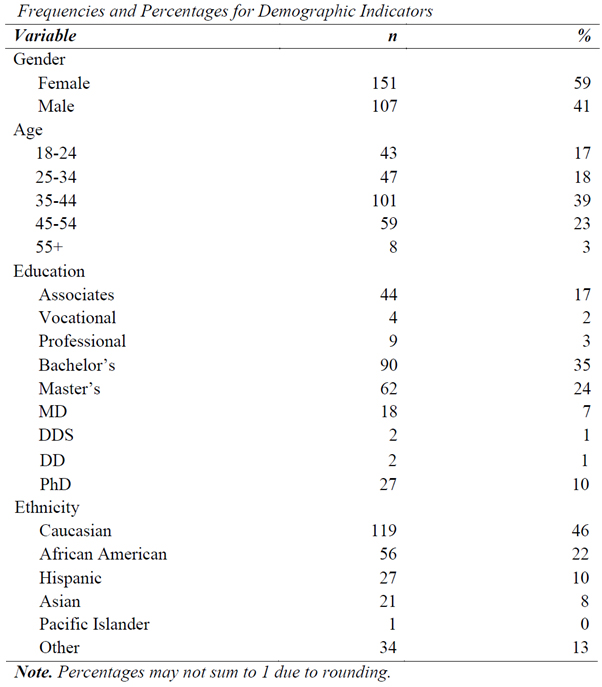In today’s digital landscape, having a strong online presence is crucial for businesses to thrive. Search Engine Optimization (SEO) plays a pivotal role in enhancing your website’s visibility and attracting organic traffic. In this blog post, we will delve into the world of SEO, exploring its importance, key strategies, and practical tips to optimize your website effectively.
- Understanding SEO: SEO encompasses a set of techniques aimed at improving a website’s visibility on search engine results pages (SERPs). By optimizing various aspects of your website, you can increase its chances of ranking higher on search engines like Google, Bing, and Yahoo. SEO is multifaceted and involves both on-page and off-page optimization.
- The Importance of SEO: a. Organic Traffic: SEO helps generate organic traffic, which refers to visitors who discover your website through non-paid search engine results. This targeted traffic has a higher potential for conversion. b. Credibility and Trust: Ranking higher on search engines instills trust and credibility among users. People generally trust websites that appear on the first page of search results. c. Cost-Effective Marketing: SEO is a cost-effective long-term marketing strategy. Although it requires effort and time, the results can be sustainable, unlike paid advertising methods.
- On-Page SEO Techniques: a. Keyword Research: Conduct thorough research to identify relevant keywords for your website. Use tools like Google Keyword Planner or SEMrush to find high-ranking and low-competition keywords. b. Quality Content: Create compelling, informative, and engaging content that aligns with the user’s search intent. Incorporate the identified keywords strategically within your content. c. Meta Tags: Optimize your title tags, meta descriptions, and header tags (H1, H2, etc.) to include relevant keywords and entice users to click through to your website. d. User Experience and Page Speed: Improve the overall user experience by optimizing your website’s loading speed, mobile responsiveness, and navigation structure.
- Off-Page SEO Strategies: a. Link Building: Earn high-quality backlinks from reputable websites to establish your website’s authority. Focus on natural link acquisition through guest blogging, influencer collaborations, and creating shareable content. b. Social Media Engagement: Leverage social media platforms to engage with your target audience, share your content, and increase brand visibility. Social signals can indirectly impact your website’s SEO. c. Online Directories and Listings: Ensure your website is listed accurately in relevant online directories and local listings. This improves your local SEO and helps potential customers find your business.
- Technical SEO Considerations: a. Mobile Optimization: With the majority of internet users accessing websites through mobile devices, it’s crucial to optimize your website for mobile responsiveness and user experience. b. Website Speed: Improve your website’s loading speed by compressing images, minifying CSS and JavaScript files, and leveraging browser caching techniques. c. XML Sitemaps and Robots.txt: Create XML sitemaps to help search engines discover and index your website’s pages. Utilize the robots.txt file to guide search engine crawlers and control access to specific pages.
Conclusion: Investing time and effort in SEO can significantly impact your website’s visibility, organic traffic, and overall online success. By implementing the discussed on-page, off-page, and technical SEO strategies, you can position your website favorably in search engine rankings, attracting relevant users and boosting your business’s growth. Remember, SEO is an ongoing process that requires continuous monitoring, adaptation, and staying up to date with the latest trends to maintain a competitive edge in the ever-evolving digital landscape.




